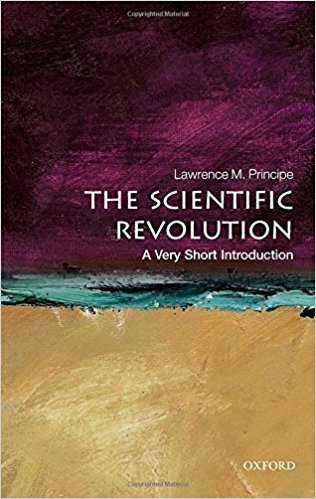An eye-opening book, it tracks the emergence of modern science in the 16th and 17th centuries from a system of thinking that extended Christian, Greek and Roman thought. What I found most interesting about this book is that it presents the world of ideas at the end of the Middle Ages as continuous with the thinking of scientists in the early modern period.

The system of reasoning at the beginning of the early modern period, in the 15th century, was surprisingly coherent and rational although currently rejected. It was not just based on false ideas but what was considered sound reasoning was fundamentally a search for meaning withing a religious context. Early modern thinkers saw the world as well-ordered and connected, particularly to God and to humans, as well as full of meaning. This vision, due in large part to Plato and Aristotle, included, among other ideas, a natural position for every being from vegetable and animal life through humans to God and a division of the ordered world into a microcosm, the human body, and a macrocosm, the universe that included the stars and planets. The central mode of understanding was by analogy whereby things that look similar or are interpreted similarly were taken to share a hidden and important connection. Thus, for example, viewing the microcosm and macrocosm as analogously constructed provided the practical interpretation that we should look to the stars and planets to understand how to govern our lives. This simple idea provided a basis for astrology, a surprisingly complex and rational field of study, though again based on false reasoning.
Other concepts the book gives a solid appreciation for are natural philosophy as distinct from science, natural magic, alchemy. After being established, these ideas are used along with historical background to explain the development of modern thought in astronomy, physics, chemistry and biology. Many myths about the period are dispelled such as the interpretation of Galileo's trial as being one of "science against religion". One downside is that there is no coverage of the development and role of mathematics in the scientific revolution.
It is a fascinating, short read that I think everyone with an interest in the origin of ideas should read.
Book: https://www.amazon.co.uk/Scientific-Revolution-Short-Introduction-Introductions/dp/0199567417